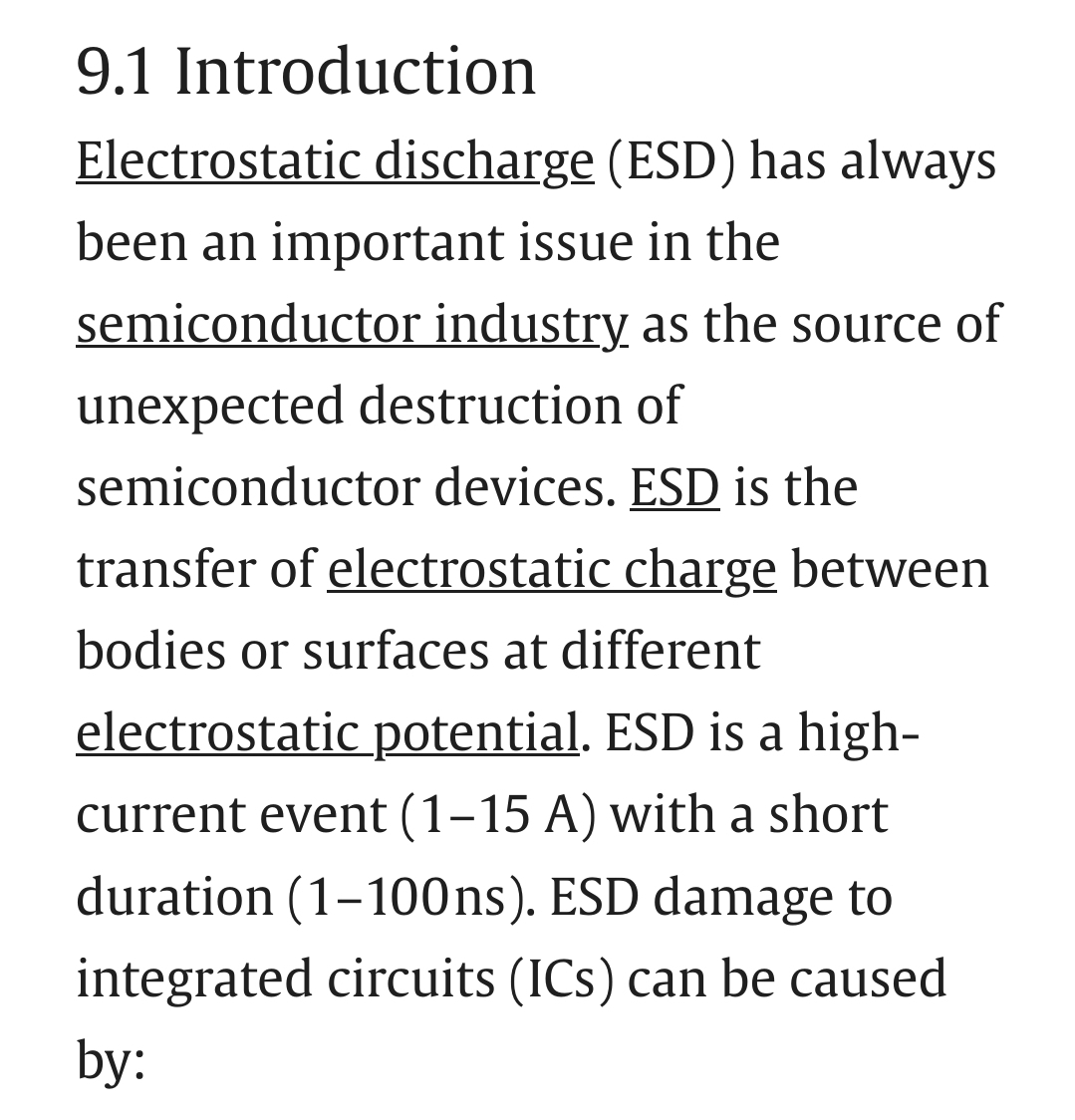Static electricity, the kind generated by shuffling your feet, is typically thousands to tens of thousands of volts but low amperage; it can fry electronics, especially small electronics, but it’s not a power source that can be easily sustained in order to charge a battery due to the very low amperage.
If you could regulate the voltage and somehow connect your body to the battery circuit, you could charge your phone, but it would take a ridiculously long time.
Let me ask you a question, would it quench your thirst to have a glass of water poured over you?
That will generate a high voltage, extremely low amperage static electric buildup along the friction surfaces.
We’re talking about 4KV, 1.2 mJoules for 10-5 amp seconds.
Phone chargers contain 2400mAh of charge running 5 volts at 3A.
So somehow, you need to convert an ultrahigh voltage and minuscule amperage to a low voltage and relatively high amperage over an extended period of time. You’ll lose some energy in the conversion, and as a result, you’d have to have around 300 people feeding power into the charging circuit with their feet, over an extended period, to build up enough power for a measurable charge.
You’d do better to charge it using a stationary bike and a dynamo, which results in significantly less conversion loss. Or, for that matter, a swing dynamo that generates current from the swing of your walk (some old watches do this).
same reason you cant fill a bucket by shooting 10mL of water at 3000psi into it
More like why you can’t fill a bucket by holding it in your left hand and dipping your right hand into a puddle.
That too
finely misting my 1ml bucket
You can. You just haven’t tried hard or long enough. Filming yourself and putting it on YouTube helps, too. Go on, champ!
Livestream marathon until I charge a phone from 0-100%
Not correct voltage, (your phone expects to be charged at between 5 and 20V or so) the other thing is that by rubbing your feet you gather some electrons, it’s only because you did a lot of rubbing that all the extra electrons (or missing electrons, conversely) pile up or a matter of a few seconds or more, but it immediately discharges in a matter of nanoseconds (1-100 nanoseconds according to this source).
the relevant excerpt

From this stack exchange source: a nasty shock is about 3.7mJ, so for the duration of the shock (100ns) it is 37 000W, but since it took a few seconds at the very least, the average rate at which you collected that electrostatic energy from the carpet is 0.00074W, if my math is correct.
So if you had 1350 friends holding your phone rubbing your carpet, or socks that made your feet 1350 as big, and a very fancy voltage regulator, you might be able to charge a phone at rates similar to a charger?
A hand-cranked or pedal-operated generator, a solar panel would be far more feasible.
Your phone does gain a charge of static electricity along with the rest of you, but there’s no difference in the gained charge across the pins on the charging port. So since the charging port pins see the same increase in charge they have no electric force to push it into the battery. You’re pushing equally hard into the entrance and exit. It’s like trying to blow into both ends of a hose at the same time.
You probably can if you have wireless charging. It just wouldn’t be very much to be noticeable. Not enough volts/amps.
That’s not how inductors work.




